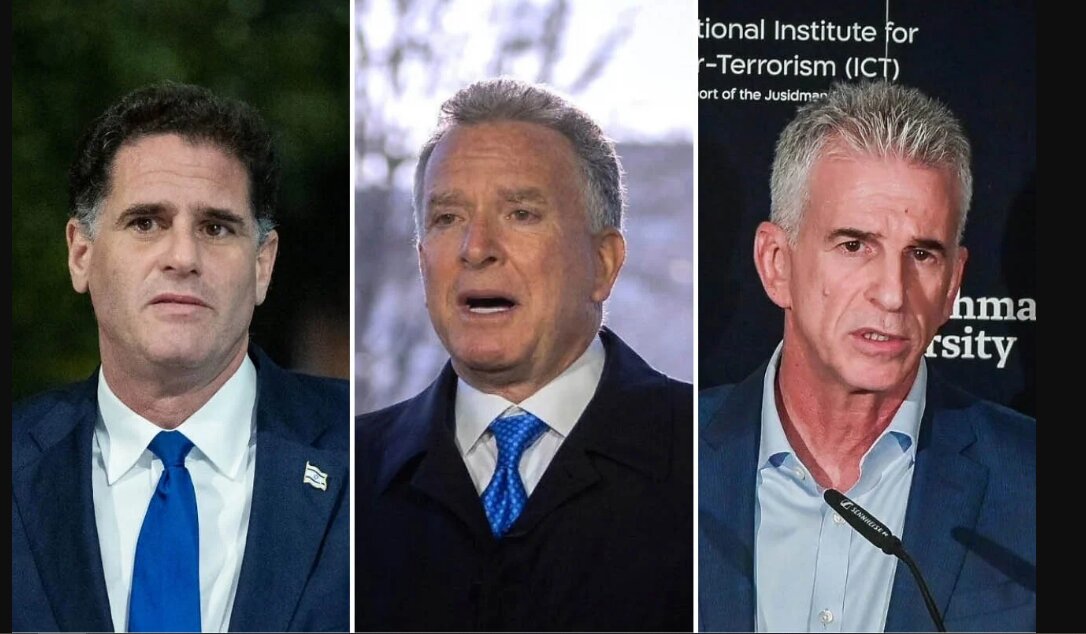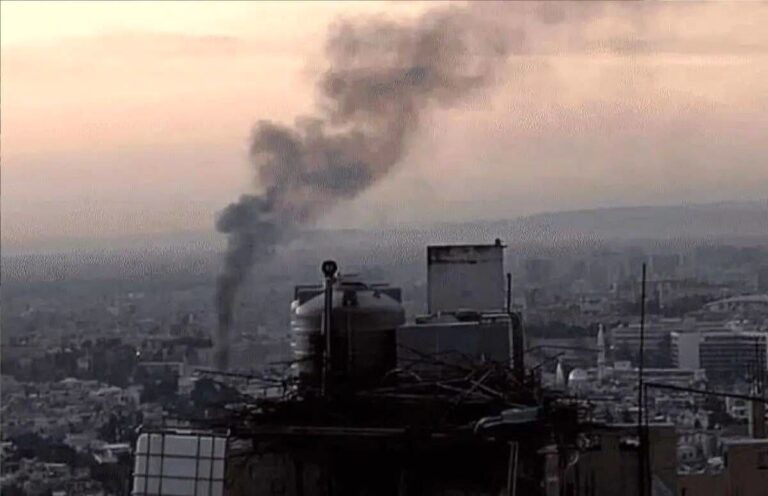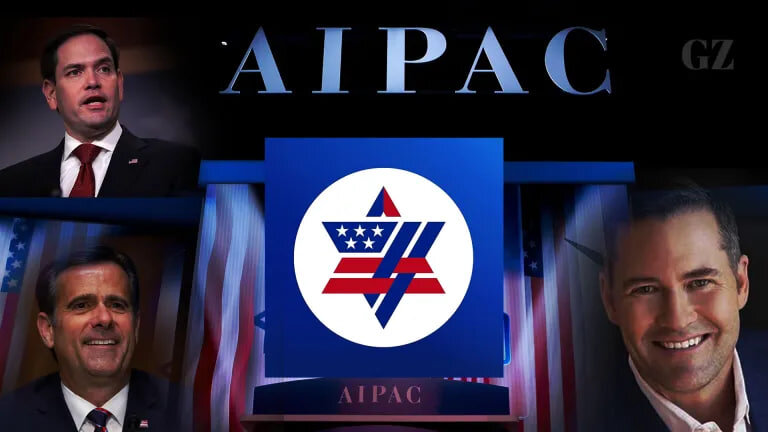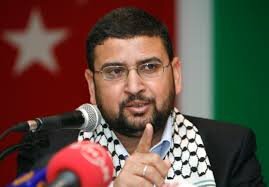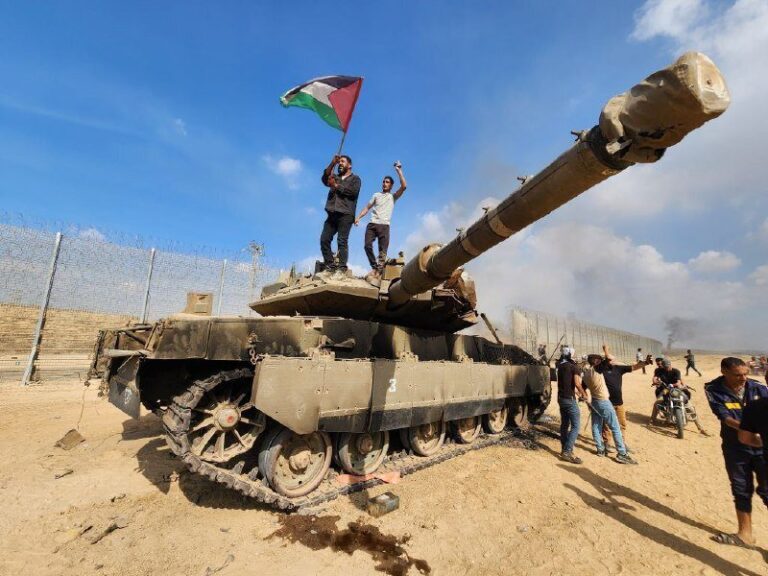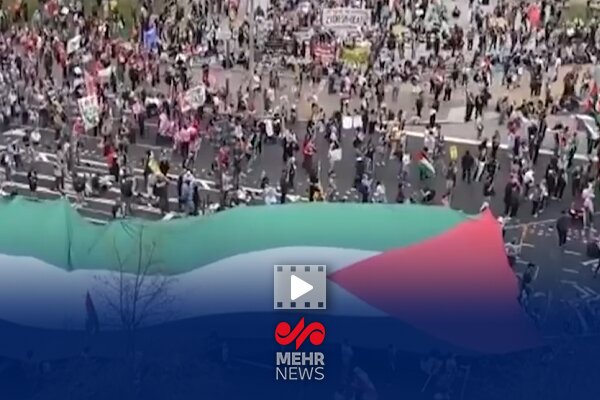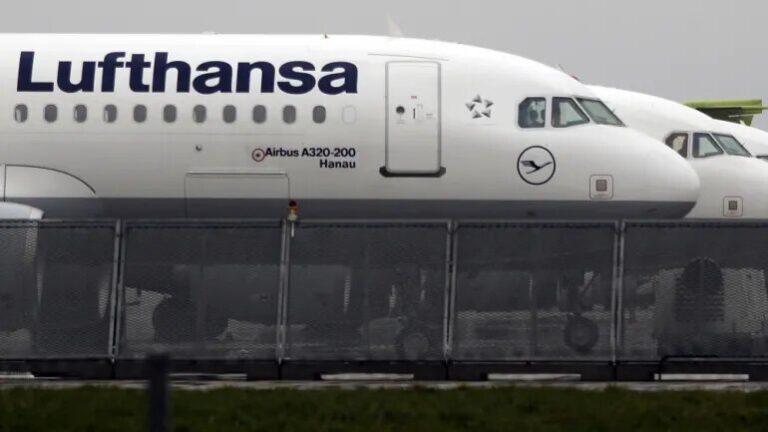Israel and US Officials Hold Key Meeting in Italy with Witkoff: Strengthening Diplomatic Ties
In a significant development in international diplomacy, the second round of nuclear talks between the US and Iran took place at the Omani embassy in Rome. These negotiations come at a crucial time as both nations seek to address pressing issues surrounding Iran’s nuclear program. In a surprising twist, it was revealed that high-ranking Israeli officials, including Minister of Strategic Affairs Ron Dermer and Mossad chief David Barnea, also made their way to Rome for separate discussions with US Special Envoy to the Middle East, Steve Witkoff.
The meeting involving Israeli officials was conducted in secrecy, outside the official framework of the ongoing negotiations. According to reports from Haaretz, a well-known Israeli media outlet, Israel currently lacks an official role in the negotiations—meaning they do not have observer status. Consequently, they have been compelled to communicate their interests and demands through unofficial channels and discreet meetings.
Earlier on Friday, Israeli sources indicated that Dermer and Barnea had previously met with Witkoff in Paris. This meeting was reportedly part of an effort to sway US opinions and strategies regarding the nuclear talks with Iran. The report by Walla emphasized the strategic importance of these discussions as Israel seeks to influence the outcome of the negotiations.
The Iran-US negotiations, which are the second set of discussions between the two nations, commenced and concluded in Rome on Saturday. The key negotiators included Iran’s Foreign Minister Abbas Araqchi and Steve Witkoff, who represents the U.S. president in these talks. Notably, Oman’s Foreign Minister Badr bin Hamad Al Busaidi played a mediating role, facilitating communication between the two sides.
A preliminary round of talks had previously taken place in Muscat, Oman’s capital, on April 12. The overarching goal of these discussions is to forge an agreement concerning Iran’s nuclear program and to discuss the potential lifting of sanctions imposed on the Islamic Republic. The renewed negotiations were sparked by a letter from former U.S. President Donald Trump to Iran’s Supreme Leader, Ayatollah Seyyed Ali Khamenei, in which he expressed a desire to reopen dialogues aimed at establishing a new deal between Tehran and Washington.
This diplomatic endeavor follows Trump’s controversial decision to unilaterally withdraw the U.S. from the prior agreement with Iran in 2018. In a notable shift, Ayatollah Khamenei has since authorized indirect negotiations, highlighting a willingness to engage in dialogue despite previous tensions.
- Location: Omani embassy in Rome
- Key Players:
- Abbas Araqchi (Iran)
- Steve Witkoff (U.S.)
- Ron Dermer (Israel)
- David Barnea (Mossad)
- Previous Meeting: Paris meeting between Israeli officials and Witkoff
- Negotiation Goals:
- Address Iran’s nuclear program
- Discuss lifting sanctions on Iran
As these diplomatic talks unfold, they reflect a complex interplay of regional politics and international relations. The involvement of Israeli officials, despite their lack of formal participation, underscores the high stakes and the intricate dynamics at play in the negotiations. Both the U.S. and Iran are navigating a challenging path towards potential reconciliation, with the outcome of these talks likely to have far-reaching implications for regional stability and international security.
In summary, the recent nuclear talks between the US and Iran signal a pivotal moment in their bilateral relations, with significant attention being paid to the role of other regional players, particularly Israel. The implications of these discussions extend beyond mere diplomatic engagement; they touch upon issues of national security, economic stability, and geopolitical strategy in one of the world’s most volatile regions.
As the situation develops, it will be essential to monitor the responses from both Tehran and Washington, as well as the reactions of other countries in the region, to fully understand the potential outcomes of these negotiations.
